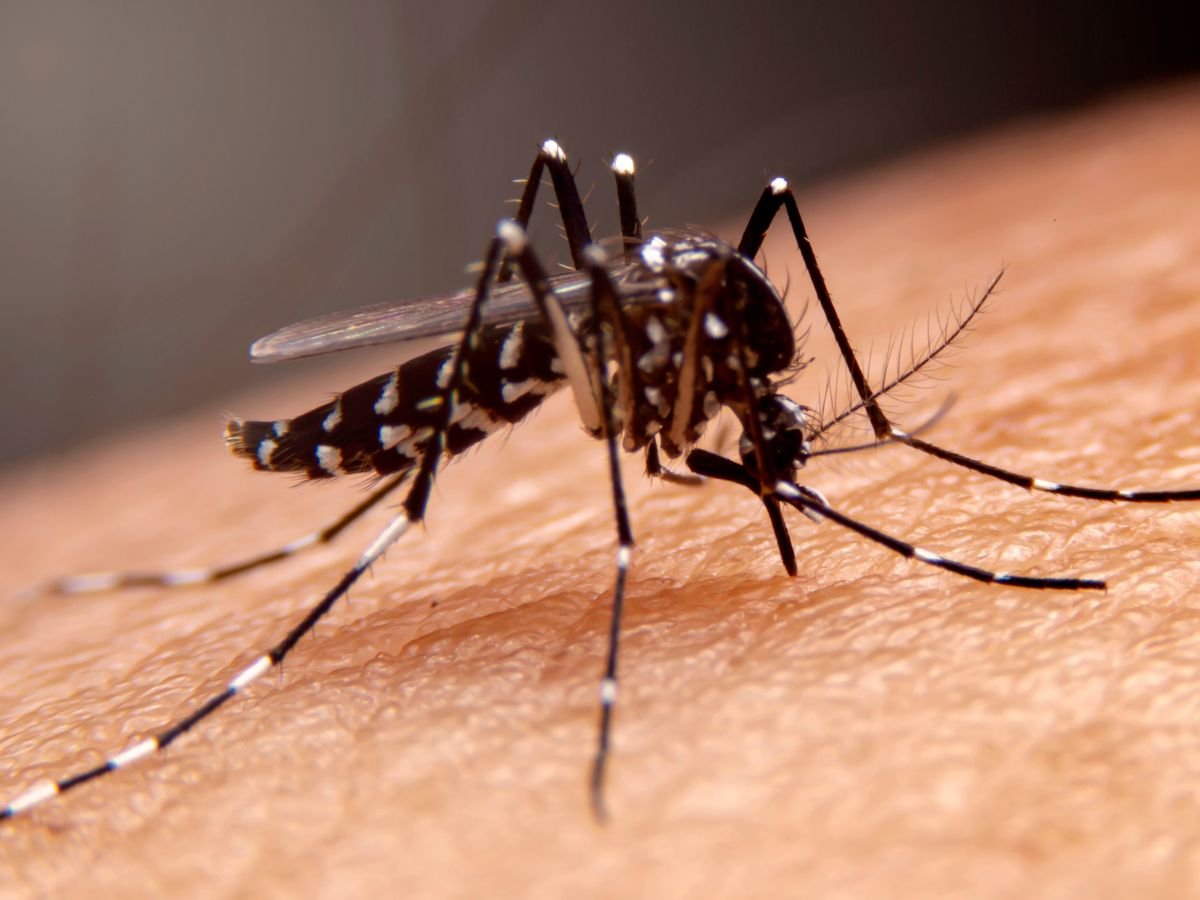New Delhi, 20 July 2025: India’s premier health research body, the Indian Council of Medical Research (ICMR), has unveiled an ambitious initiative to commercialize a new recombinant, chimeric, multi‑stage malaria vaccine—named AdFalciVax—targeting Plasmodium falciparum, the deadliest malaria parasite in humans. Developed at ICMR’s Regional Medical Research Centre (RMRC) in Bhubaneswar with key collaborations, the vaccine has now entered a pivotal phase as the council actively seeks industry partners.
What Is AdFalciVax and Why It Matters
AdFalciVax is engineered to act against multiple life‑cycle stages of P. falciparum, aiming not only to prevent infection but also to curb community transmission. Unlike single-stage vaccines, this multi‑stage approach offers broader protective potential, a crucial advancement particularly for high‑burden regions. The vaccine has successfully cleared pre‑clinical validation involving ICMR’s National Institute of Malaria Research and the National Institute of Immunology in New Delhi.
ICMR Invites Tech Transfer to Scale Commercial Production
On July 19–20, 2025, ICMR issued a formal Expression of Interest (EoI) inviting qualified Indian organizations, firms, and vaccine manufacturers to licence and take over production of AdFalciVax. The selected partner will receive rights not only to manufacture but also to refine, market, and distribute the vaccine. RMRC Bhubaneswar will continue to provide technical guidance, while ICMR will support study protocol, safety evaluation, and product optimization throughout the collaborative process.
Pre‑Clinical Collaboration and Technical Expertise
The vaccine’s design, production protocols, and pre‑clinical trials were executed jointly by RMRC Bhubaneswar, ICMR-NIMR, and the National Institute of Immunology. Together, they bring deep-rooted expertise in immunology, parasitology, and translational research, poised to support partner organizations through transfer and scale‑up phases of vaccine production.
Potential Implications for India and Beyond
Though P. falciparum malaria is already declining in India compared to P. vivax, the emergence of AdFalciVax can reinforce malaria elimination goals and offer hope for export to countries with high falciparum burden. India’s growing capabilities in vaccine manufacturing—demonstrated through initiatives like R21/Matrix‑M and RTS,S deployments—position it to play a significant role in global malaria prevention.
How It Fits Within the Global Vaccine Landscape
While vaccines like R21/Matrix‑M (developed by Oxford University and Serum Institute) have been WHO‑approved and are being rolled out across parts of Africa at low cost, AdFalciVax represents India’s indigenous innovation tailored for future endemic needs. The timing of this tech‑transfer endeavor aligns with national strategies aiming for malaria elimination by 2030. It could diversify the vaccine portfolio, potentially offering options targeting multiple stages of the parasite’s lifecycle.
The call for technology transfer marks a critical transition from research to real-world application. AdFalciVax stands as a significant milestone in India’s efforts to develop homegrown, multi-stage malaria interventions. If scaled effectively, it has the potential to complement existing vaccines, strengthen malaria control strategies both domestically and in high-burden nations, and reinforce India’s role as a leading vaccine innovator.







